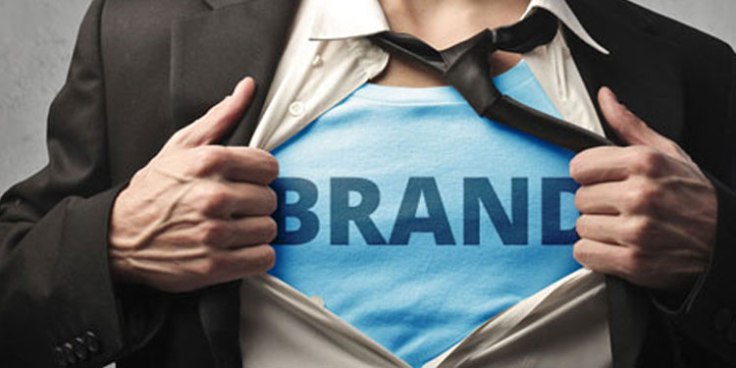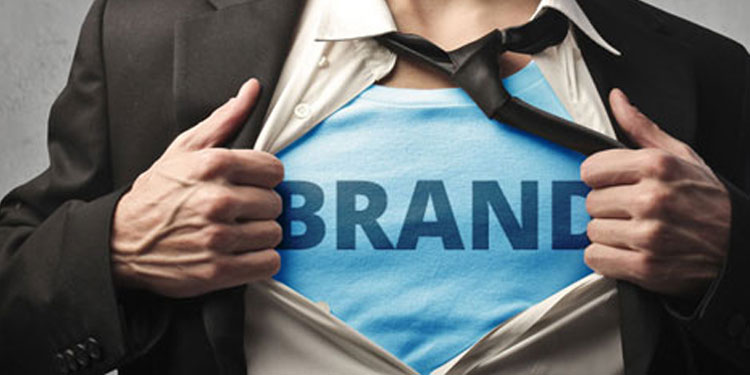
For my parents’ generation, career advice was relatively straightforward: get a high-paying job with a large, stable company and you’re pretty much set up for life. Even today, this is still considered conventional wisdom, especially in Asia where large conglomerates dominate several industries. I once had one of those “stable” jobs, a marketing management position with a multinational company called Nokia, at the height of its dominance as the world’s largest mobile handset manufacturer. We all know what’s happened to Nokia since then.
The truth is, there is no such thing as a stable job anymore. Last year the Society for Human Resource Management (SHRM) reported the average employee tenure for technology companies is three years, or less than two years in advanced markets like the UK. (The same report quoted that the average employee tenure at tech giant Google was only 1.1 years.) Whatever we once believed as the covenant between employee-employer is now a thing of the past. There is every likelihood that a marketer, either by choice or by circumstance, will be moving from one employer to another every few years. Yet the average marketer still neglects to look after the most important brand of all: his own personal brand.
Author Reid Hoffman goes one step further, arguing that one should manage his career as if it were a start-up (The Start-up of You: Adapt to the Future, Invest in Yourself, and Transform Your Career, available on Amazon). A simpler way to start is to ask yourself: What can we learn about how the world’s biggest brands are managed and how can they be applied to your career as a marketer?
Great brands are unique
What is your personal brand’s unique selling proposition? Identify what it is in your field that you specialize in. It’s not enough on your CV or LinkedIn profile to say that you manage ad agencies and are responsible for CRM. Instead specify how you specialize in transforming traditional marketing organizations into digital marketing organizations. Talk about how you have a track record for gleaning new marketing strategies from analyzing available data. Share how you have taken many US brands and made them relevant across multiple Asian cultures.
Recount your past successes and, in all likelihood, recurring themes will emerge. Stick with those themes and elaborate on them through blog posts, drawing on examples from your career or from your observations in the industry. Volunteer to speak on these topics at conferences or media interviews. A powerful brand’s uniqueness echoes across all forms of media. Your personal brand should be no different.
Great brands are authentic
The world’s most powerful brands are true to themselves, credible, consistent and never claim to be more than they are. A major Singapore company was recently caught paying bloggers to praise its services and malign the competitors’. Whenever a brand stoops to such inauthentic behavior, being found out is inevitable.
In a competitive job market, many fall to the temptation to overstate one’s qualifications or claim understanding of topics on which one actually has limited experience. This is unnecessary. Your own career offers a wealth of lessons and experiences to draw from. Authors are constantly advised, “Write what you know.” The same consideration must be taken in defining your own personal brand.
Great brands stand for something
Power brands have values and are not afraid to express them, even if it means alienating existing customers. Much has been written about Starbucks’ stance on diversity and marriage equality, which caused some conservative Americans to call for a boycott of the brand. CEO Howard Schultz admits publicly, “Not every decision is an economic decision.” The move may have been unpopular in some sectors but it also forged stronger bonds with a core set of loyal brand advocates.
Brand loyalty is built when a customer decides that a brand shares similar values. Similarly, as a brand, you should never shy away from having an opinion on something you feel strongly about. Too many Marketing blogs and social media posts are full of politically correct, often-repeated, safe content. They are also dull and indistinguishable. If you want your personal brand to stand out, take a stand on issues and passionately defend them.
Great brands form alliances
Apple Pay x MasterCard, Spotify x Uber, Adidas x Yohji Yamamoto, LEGO x Star Wars…great brands aren’t afraid to collaborate with other brands. Such associations can bridge a brand towards a different audience, others can nudge the brand away from its roots towards new areas.
In building your own personal brand, make sure to form relationships with others with similar domain expertise. If there is someone whose career you admire, reach out and meet over coffee. If you are in similar fields there should be no shortage of things to talk about. There’s no limit to what opportunities may result. This is where social networks liked LinkedIn can also be a powerful tool.
Now more than ever, your career needs to stand for much more than simply which company you currently work for. Identify your career’s strengths and start putting together a strategy for how to grow your own personal brand.
A version of this article was published in Marketing magazine’s January-February 2016 issue.


Great article, Miguel, some interesting lessons here for all marketers and other professionals!
I’m looking for inspiration in writing and I’m glad to chance upon your blog Miguel. Great article.